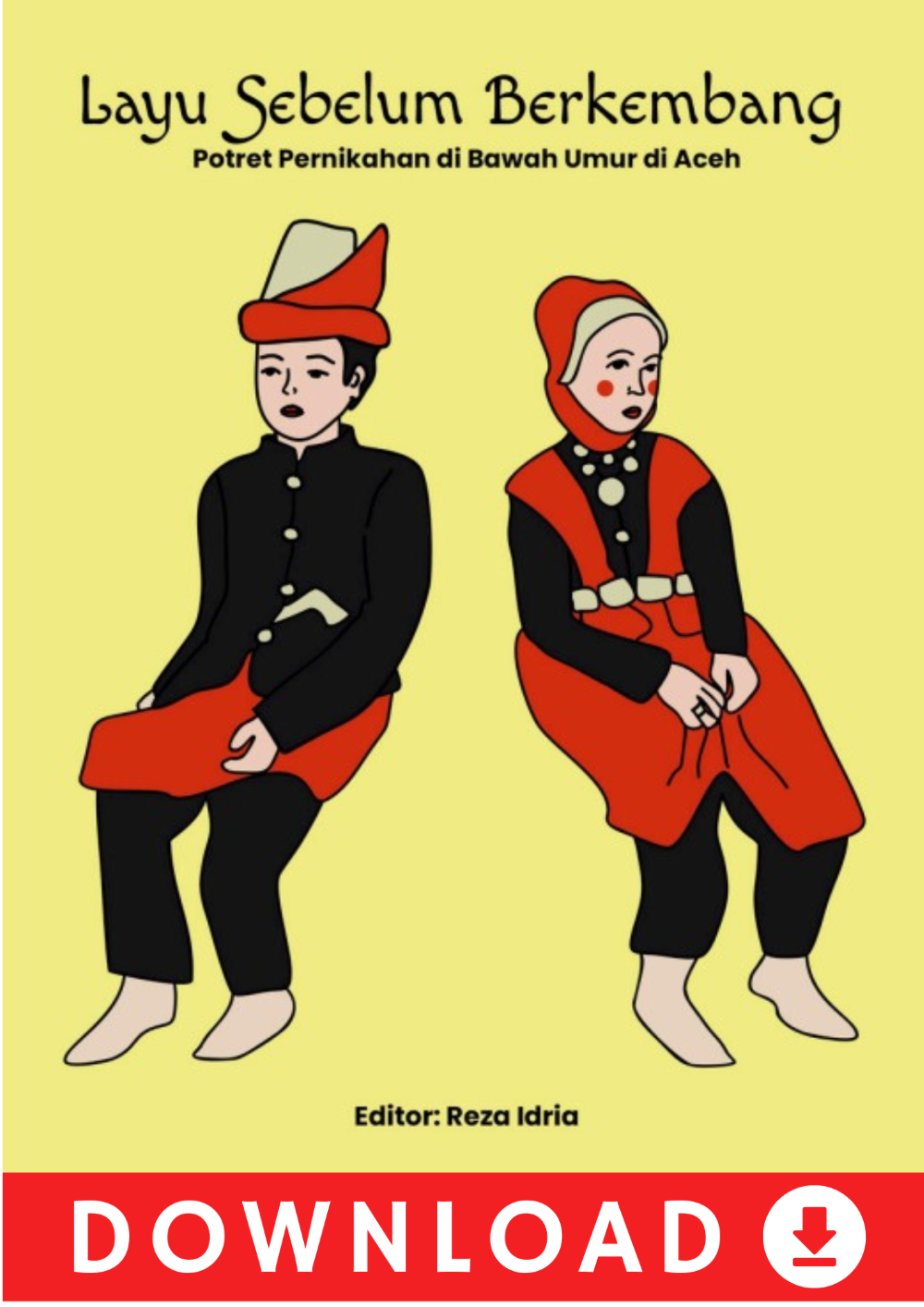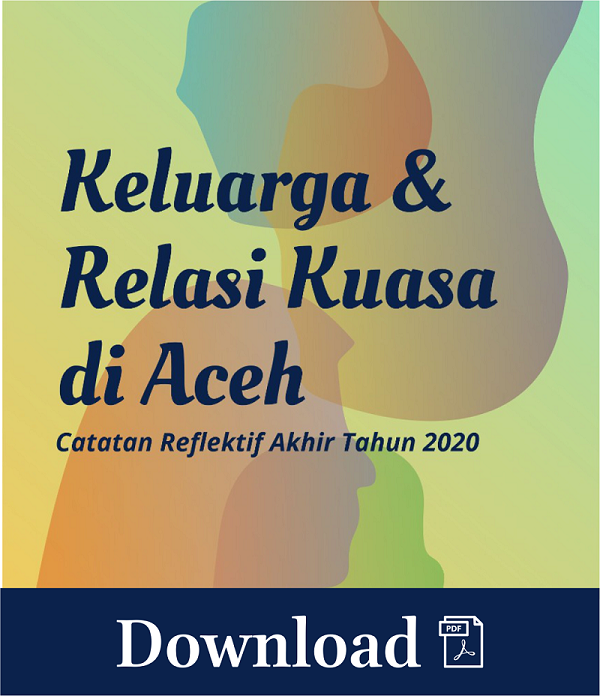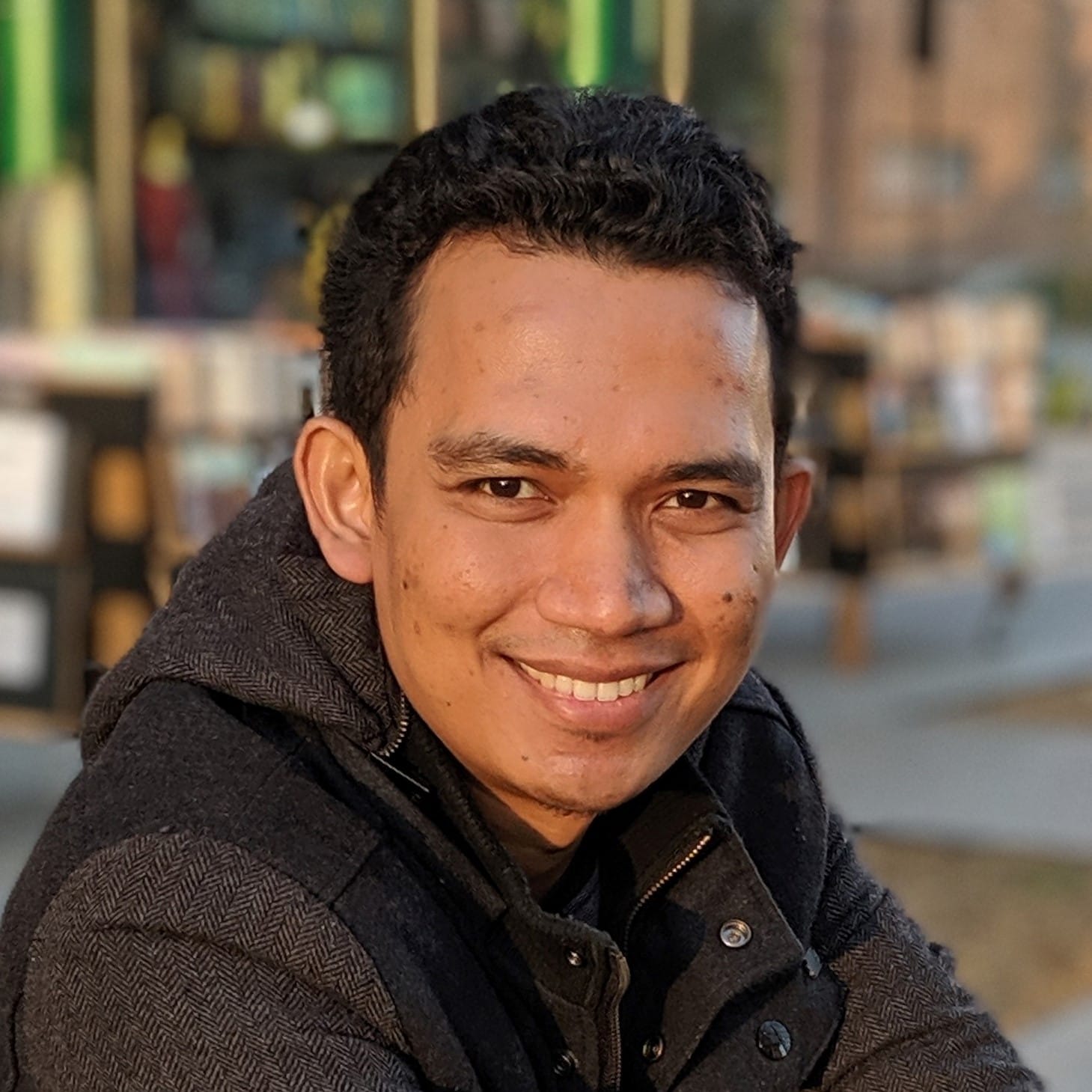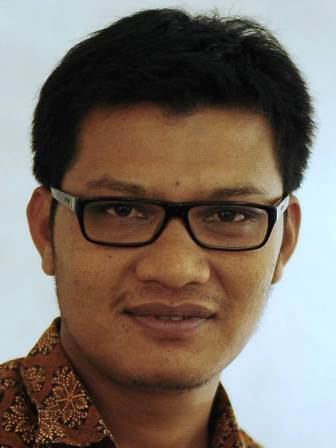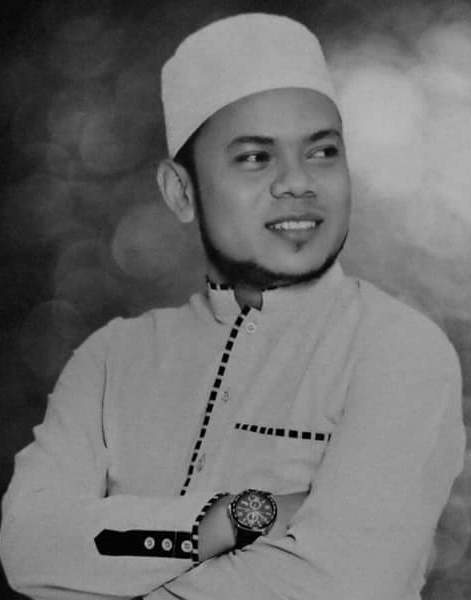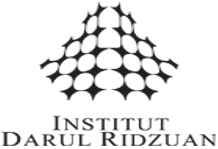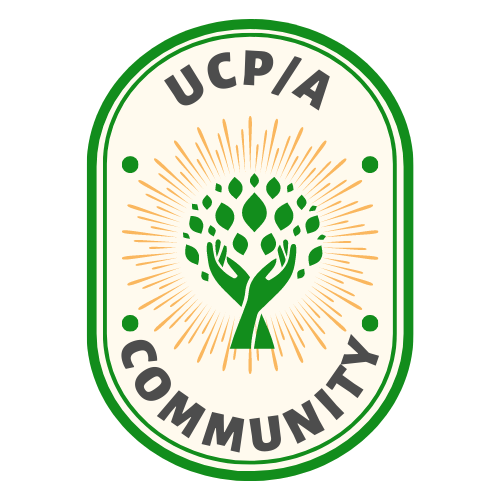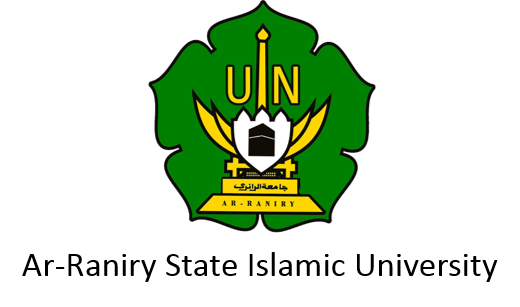Reported by: Ariane Boulanger
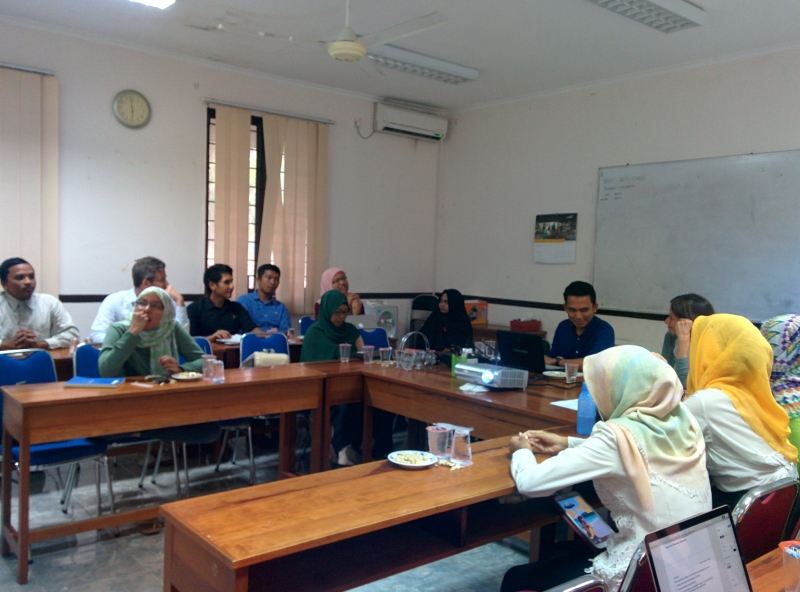 Judith and her team conducted previously a research on the perception of “the West” by Indonesian called “Beyond Occidentalism”. The main founding was that it is not that central anymore. She then decided to focus on Middle East, which is the rising power in terms of religion for Indonesia. There is three researches in this project: on the Haji, on the TKI and hers on experiences of Indonesian students and alumnis in Middle East and more specifically Cairo.
Judith and her team conducted previously a research on the perception of “the West” by Indonesian called “Beyond Occidentalism”. The main founding was that it is not that central anymore. She then decided to focus on Middle East, which is the rising power in terms of religion for Indonesia. There is three researches in this project: on the Haji, on the TKI and hers on experiences of Indonesian students and alumnis in Middle East and more specifically Cairo.
So far, she spent two weeks in Cairo and did fieldwork in Jogjakarta, Madura, Lombok, Jakarta and Aceh. Her theoretical background uses Henrietta’s Moore definition of globalization “ordinary’s people ability to enact change and social transformation related to their imaginations and desires for new possibilities and self-making”. She thus focuses on how ordinary people do globalization. She had three main research questions: Which imaginaries are related to Indonesian student’s lived experiences in Cairo? How are new subjectivities related to ideas of Indonesia’s place in the world? We change when we go abroad, how are those changes related to Indonesia as a whole? What does this mean for the navigation of differences?
Indonesia has 35 000 students overseas. The first destination is Australia, the US, the Malaysia and the Egypt. Egypt is the first destination in the Middle-East, followed by Saudi Arabia and Sudan. Most of them are studying in Al-Azhar university in Cairo, a state university with secular facilities and which is open for women. When she went there, she lived in a bubble of Indonesian culture for two weeks. Egypt and Indonesia have had a relationship since a long time. The Indonesian community in Cairo started in the 19th and grew bigger in the 20th. Before the students got scholarship but now most of them are self funded. Medias and movies give us a false idealized impression of Egypt and live of Indonesian there. The reality is far from being as shinny.
The PPI is the main field site for Indonesian who spend most of their time there, with a lot of sub-organizations, like 17 asrama daerah, a branch of NU and one of Muhammadia. The embassy is worried about this situation, because national unity is not emphasized as it is rather a tendency to stay only with similar ethnic/belief people. They reconstruct a safe environment, a comfort zone away from home that a lot are tempted not to leave.
A survey conducted this years showed that activities outside of campus are way much more attractive, a lot of students are rarely to never going to class. Indeed, attendance is not compulsory. Learning by heart to pass the exams might be sufficient. And they are not either following the religious activities offered by the campus which is a strong contrast with 20 years ago. As they are self funded, most of them run businesses such as restaurants or hotels, work in tourism… which seems to make them good entrepreneurs but not really fit to become ustad. When interviewed however, they said they wanted to combine the two. Most of them come from pesantren and are far away from home for the first time and need to learn how to be independent. Al Azhar is very popular for its moderate islam teaching, compatible with local culture.
She made three main conclusions. The first is about the so called moderate Islam of Al-Azhar. It is true that they reject extremism on both sides (leftists and integrists) but they don’t try to communicate with them. There is a real separation that is made between culture and religion. Egypt is seen as a very good country for religion, and they learn a lot there but Indonesian don’t like the “kasar” culture of Egypt. It legitimates the lack of communication. Second, there is high hopes that Indonesia could become a model for merging Islam, modernity and democracy. Third, the construction of internal and external Others goes hand in hand. There is a tendency to avoid everything that is different and so although there might be harmony and tolerance they cannot understand each others. It is like parallel worlds that don’t interact.


